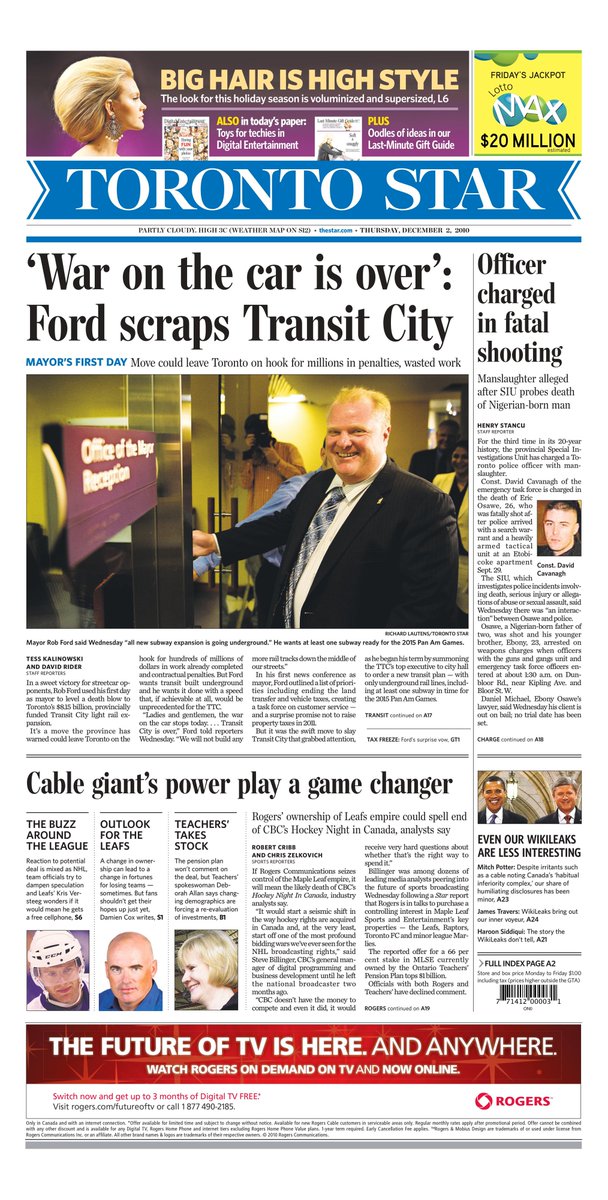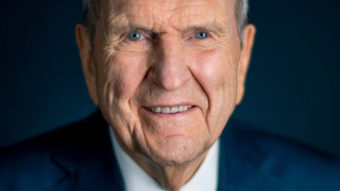Categories Society
We got texts between the organizers of the Jan. 6, which the Trump campaign says they definitely, absolutely didn\u2019t organize.
— Eric Umansky (@ericuman) January 30, 2021
\u201cGet the budget and vendors breakdown to me,\u201d wrote a long-time Trump fundraising officialhttps://t.co/ScyGTGz8Mp
By @mikespiesnyc @JakePearsonProP
"On Dec. 29, after receiving the budget, Wren instructed Chafian... to hold off on printing event-related slogans “until we decide what the messaging is and we have no clue on timing because it all depends on the votes that day so we won’t know timing for a few more days.”
"The “timing” appears to be a reference to Congress’ Jan. 6 vote to certify the election results." Well that's going to get some attention by law enforcement
"Chafian told ProPublica that she herself had been directed by [Alex] Jones to Wren, who, she was told, had ties to a wealthy donor who wanted to support the January affair. Chafian said the donor is a woman but wouldn’t disclose her name, citing a confidentiality agreement."
"A guidance memo provided to VIP attendees of the Jan. 6 rally further establishes Wren’s centrality to the event. She is listed, along with three other people, as one of the primary points of contact for the demonstration."
Let’s take a look at a couple of them and shiver at their
Amazigh (Berber) languages are quite close to each other and in most places nearby varieties are mutually intelligible. They function like a discontinuous dialect continuum.
— Maarten Kossmann (@ait_kisou) January 12, 2021
A loooong thread with maps (and no memes\u2639\ufe0f).
(1) The 2SG subject marker on the verb.
GREEN: -d
YELLOW -t (possibly a development from -d)
ReRED: -ḍ / -ṭ
There is no regular phonetic correspondence of -d to -ḍ.
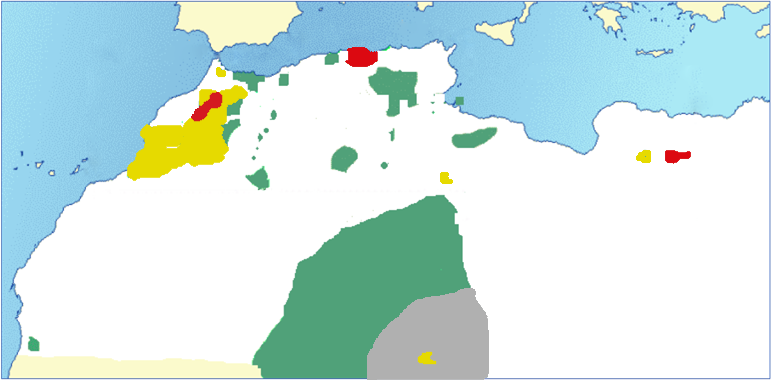
(2) In most varieties *β became (or remained?) /b/ in pre-consonantal position (GREEN). In a number of varieties, this didn’t happen (RED).
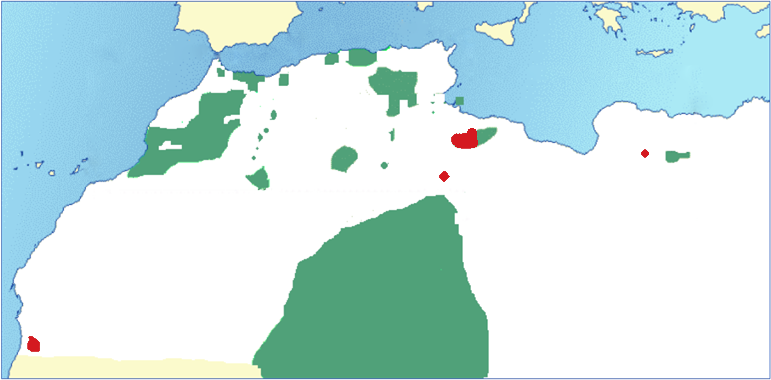
(3) The Imperative M:PL suffix is -at in western Morocco AND in Awjila (Libya) (RED). It is -ət / -ăt elsewhere (GREEN). The yellow part has different suffixes.
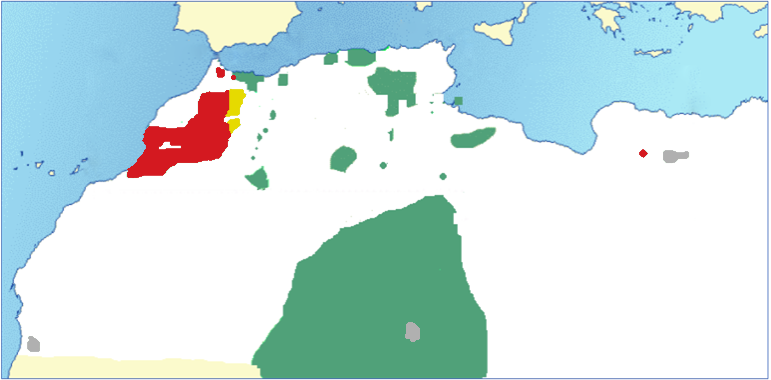
(4) The pharyngealized (“emphatic”) non-geminated alveolar is [dˁ] (or [ðˁ]) in most of Amazigh (GREEN), but in a scattered number of varieties, it is [tˁ] (RED).
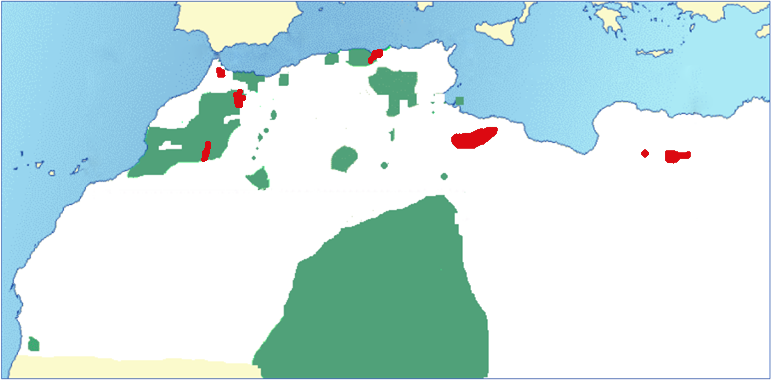
UK Climate Assembly was undemocratic https://t.co/cBjwSgXxIR pic.twitter.com/hHYnpV77Ds
— GWPF (@thegwpfcom) January 29, 2021
The Climate Assembly was convened by six parliamentary select committees:
@CommonsTreasury
@CommonsTrans
@CommonsSTC
@CommonsHCLG
@CommonsEAC
@CommonsBEIS
But half of the funding came from two green billionaire "philanthropic" foundations who controlled the event.
Those foundations are the European Climate Foundation (ECF) & the Esmée Fairbairn Foundation (EFF) @EsmeeFairbairn.
(Don't take my word for it - the influence of political organisations in Parliament is supported uncritically by MPs like Darren
On behalf of @CommonsBEIS and five other @UKParliament committees, thanks to @involveUK @SarahAllanUK @SortitionNow @mySociety @ECIU_UK @ChiefExecCCC @watsonjim2 @lwhitmarsh @Bankfieldbecky European Climate Foundation @EsmeeFairbairn and of course all 108 @NetZeroUK members!
— Darren Jones MP (@darrenpjones) January 26, 2021
The Climate Assembly brought together 108 "randomly selected" members of the public, who heard from speakers chosen by four 'expert leads'.
One of those leads is Chair of @theCCCuk, Chris Stark @ChiefExecCCC.
That's obviously problematic, as the report explains.
The other Leads are:
* @Bankfieldbecky formerly of the @GreenAllianceUK
* @lwhitmarsh, chair of UK Centre for Climate Change & Social Transformations (CAST)
* Former @UKERCHQ chair & chair of @theCCC's Net-Zero Advisory Group, Jim Watson.
No bias there then.
Some key points:
OMT-leden hadden zoveel moeite met de politieke druk dat ze overwogen op te stappen. Het grote artikel staat in de volgende tweets. (1/3)
— Pim Joosten (@pimjoosten) January 23, 2021
Zonder betaalmuur: https://t.co/JDvJHz92b8https://t.co/hF0PWPVLFb
1/ As early as March of last year OMT-members were uncomfortable with the way then PM Rutte blurred the lines between policy steeped in political considerations, and scientific advise in his March 16 speech, discursively rendering the OMT responsible for political decisions.
2/ OMT-member Alex Friedrich, an early advocate for large-scale testing and masks, describes how dissent was not tolerated, especially after the Dutch gov't declared all OMT-advise as "practically holy," and says that politicians were using the OMT as "a heat-shield."
3/ He further tells of how international scientific consensus (masks, the role of children in transmission, presymptomatic infectiousness) was still up for debate in the Netherlands, all through the summer of 2020.
Friedrich: "Positions taken earlier were defended, instead of welcoming new ones [insights]." One of the worst things that can happen to a scientist, he says, "[is] that people start saying you're not a team player if you don't share the same position [on advice/insights etc]."
That said, there are reasons for this: some are good, some aren't, and by their nature they point to alternatives
I had a bit of a realization about tabletop RPGs recently, and I wanna float it by all ya'll in an overly long thread, because I think it's an interesting problem that stretches to both the culture and design within TTRPGs.
— Ruby Soleil-Raine (@IronsparkSyris) January 26, 2021
Player characters are way too reactive.
The two most critical points of this are as follows:
* This problem mirrors fiction
* There is a structural information load issue at work
Let's dive in.
Fictional protagonists are usually reactive. Antagonists (villains!) drive events and push for change, and protagonists stop them. This is not universally true, but it's so common as so be expected. It's one of the reasons playing villains is fun for reasons other than EEEVIL.
One of the easiest ways to address this in play is with a nominal villains/actual heroes model, which is to say, games of rebels and revolutionaries. This is a popular, very playable model that works in many games.
But it's not quite enough.
If that was all there was to it, then every star wars game would be an example of player driven agendas. But, in practice, Star Wars games tend to be as reactive as anything else, even though the agenda is nominally proactive. Why is that?
Facebook's Oversight Board is a sort of "Supreme Court" to deal w/ matters of speech on the platform. @Klonick, a #knightresearch network law/#tech expert, examines the board's role + how it handles complex issues around #freespeech. https://t.co/VZdVFcNRru via @NewYorker
— Knight Foundation (@knightfdn) February 14, 2021
First, most obvious pt: we have dealt with similar problems before! We tend to regard the FB prob--a private corp controlling the mass public sphere—as unprecedented, but that is just not the case. At the Founding, the fed gov was primary regulator of the mass public. 2/15
But ever since the fed gov decided in 1850s to not create a public telegraph—a decision that shocked many, including its inventor, Robert Morse, who thought only a dem gov should have this power—private corps have played a crucial role in regulating our public sphere. 3/15
FB is NOT the first corp that has had to act as a private speech police. This is not even the 1st time a corp has created an advisory board to give its speech decisions more legitimacy and thereby stave off unfriendly regulation (what I take to be the FOB's goals). 4/15
In the 1920s, the media behemoth of that age, NBC, created its own Advisory Council to develop speech rules for the many radio stations it controlled. Like the FOB, the Advisory Council was stocked with prominent people—John W. Davis, solicitor general of the US . . . 5/15






